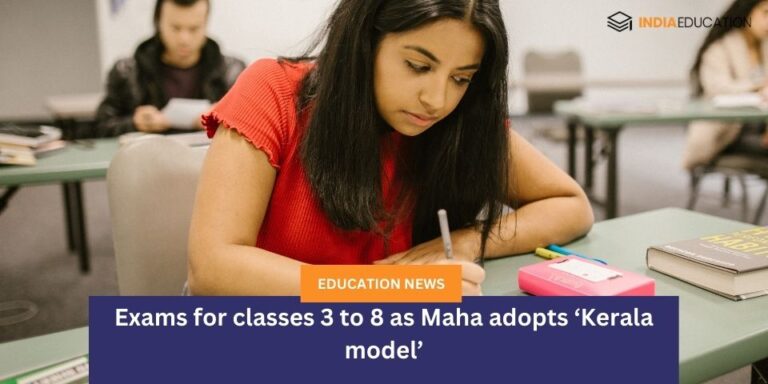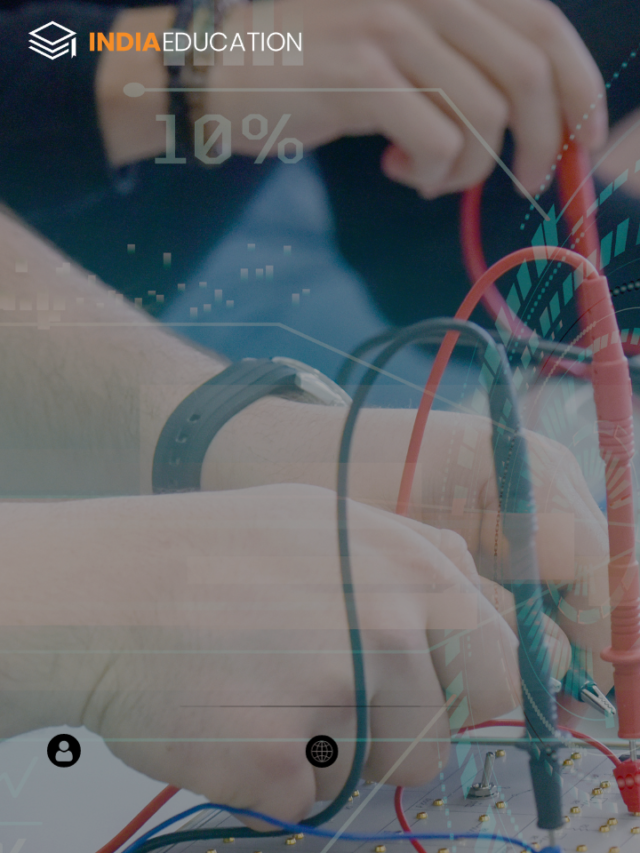
Exams for classes 3 to 8 as Maha adopts ‘Kerala model’
Nitin Varma
The state government has decided to introduce exams and continuous evaluation for the students of classes 3 to 8 from the next academic year. State education minister Deepak Kesarkar on Tuesday announced the decision to follow the Kerala education pattern in a bid to improve the quality of education.

The state government has decided to introduce exams and continuous evaluation for the students of classes 3 to 8 from the next academic year. State education minister Deepak Kesarkar on Tuesday announced the decision to follow the Kerala education pattern in a bid to improve the quality of education.
Also Read: Mass Communication Courses In India – A Complete Guide After 12th, Eligibility, And Fees.

As per the plan, in case of failure or low marks in exams, the students will be promoted to the next class. However, they will have to appear for a re-examination of the previous year’s syllabus. The syllabus will be changed every 10 years.
At present, students of classes 1 to 8 are promoted to the next class without an exam. However, schools do undertake continuous evaluation according to the Right to Education (RTE) Act. Reports on education in schools based on a third-party evaluation have found that students in state are lagging academically due to the policy of promoting them.
As per Kerala’s pattern, exams will be conducted every month and every quarter in addition to the annual practice exams. For the past few days, officials from the education department have been studying educational experiments by various states, including Kerala, Rajasthan, Punjab, Goa, and Delhi. “After studying all these states’ education policies, the minister has decided to go with the Kerala policy with some modifications,” said Kailash Pagare, state project director, Samagra Shiksha Abhiyan.
Welcoming the government’s decision, former state board chairperson and senior education expert Basanti Roy said the National Education Policy (NEP) 2020 mandates examinations for classes 3, 5 and 8. “If these exams are conducted universally, we will be able to better analyse results and academic performance of the students. If results are made public, we will also be able to understand the educational quality of each school,” said Roy.
Latest News
People Reading Now

CBSE Compartment Result 2023 OUT: Click For Direct Link



CSAB 2023: Special Round Registration Begins Today







